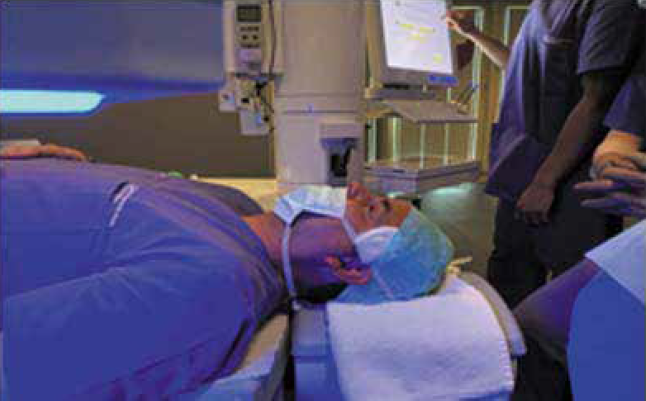Refractive Laser EDOF
Positive outcomes with blended vision for presbyopia correction.

Dermot McGrath
Published: Thursday, March 31, 2022

Positive outcomes with blended vision for presbyopia correction.

Published: Thursday, March 31, 2022
